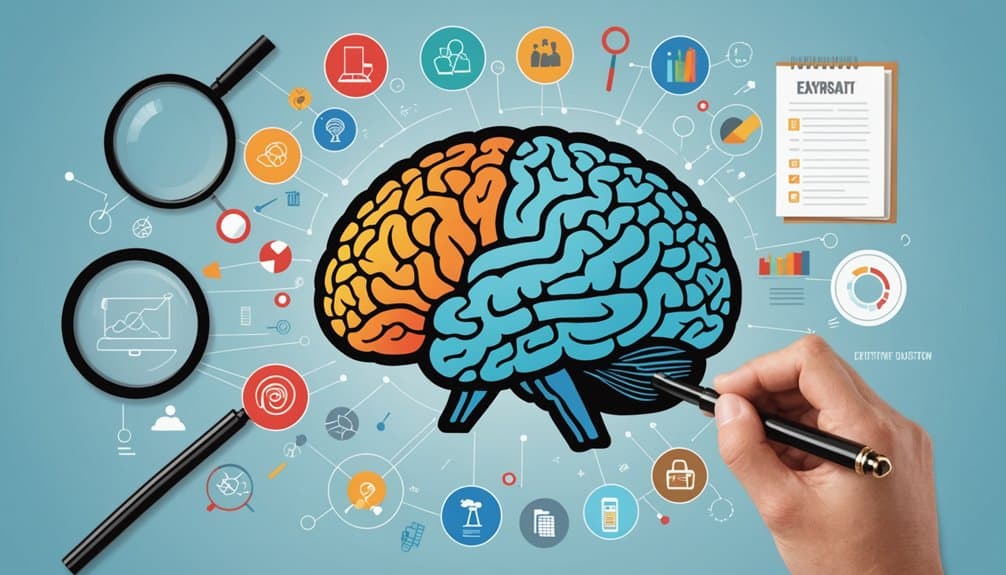-
Strategies for Patients and Caregivers Coping With Dementia

Caring for someone with dementia requires patience, adaptability, and ongoing support. For patients, daily routines may become increasingly difficult, while caregivers often face emotional and physical strain. Having the right strategies in place can ease the burden and foster a more supportive environment for everyone involved. Here are some practical strategies for patients and caregivers
-
Neurorehabilitation: The Path to Recovery from Severe Brain Injuries

Severe brain injuries can significantly impact movement, thinking, speech, and behavior. They can result from trauma, stroke, infection, lack of oxygen, or surgery. Although their causes differ, the goals of neurorehabilitation remain the same: to identify deficits, monitor progress, and deliver targeted care and treatment. Here is how evaluation, testing, and personalized treatments work together
-
Understanding the Connection Between Depression and Geriatric Health

Depression affects people at any age, but in older adults, its patterns and associations can be distinct. As people age, they may experience health changes, role transitions, and alterations in their daily living and social connections. Understanding how depression interacts with geriatric health promotes informed discussions and decision-making, prompting individuals to seek out a depression
-
Skills Developed By a Life Coach

Life coaching is a valuable complement to traditional mental health care, offering support for challenges like ADHD, anxiety, and depression symptoms without diagnosing or treating clinical conditions. Through extensive training, life coaches develop skills in empowerment, goal setting, and behavioral change to help clients navigate personal and professional challenges. For those seeking additional support, life
-
Breaking Down Common Myths About OCD

Obsessive-compulsive disorder (OCD) is a mental health condition characterized by persistent, unwanted thoughts (obsessions) and repetitive behaviors or mental acts (compulsions) performed to reduce distress or prevent feared events. While many people associate OCD with certain stereotypes, the reality is much more nuanced. Mental illnesses like obsessive-compulsive disorder affect the way individuals think, feel, or
-
Anxiety Triggers: Identifying and Managing External Stressors

Life often presents challenges, some of which can intensify feelings of stress and worry. For individuals experiencing anxiety, external triggers can amplify these feelings and create obstacles in daily life. Recognizing these triggers is one step toward managing them effectively. This article explores common causes, ways to identify personal patterns, and tools to manage external
-
Recognizing Early Signs of Depression in Teens

Detecting early signs of depression in teenagers helps provide support. Since teens may face unique challenges, it can be difficult to recognize when they are struggling. Here is what to look for and how to approach this topic carefully: Are There Behavioral Signs? Changes in behavior can be a key sign that a teenager is
-
The Benefits of Psychotherapy for Managing Trauma and PTSD

Psychotherapy is a powerful tool for addressing a range of emotional and mental health challenges, including trauma and post-traumatic stress disorder (PTSD). Many individuals who have gone through distressing or life-altering events find it challenging to process their experiences and manage the psychological effects. Psychotherapy offers an effective path toward understanding these experiences and reclaiming
-
Understanding the Early Signs of Parkinson’s Disease

Parkinson’s disease affects millions of people worldwide, yet many individuals remain unaware of its early warning signs. This progressive neurological condition develops gradually, often beginning with subtle symptoms that people may dismiss as normal aging or stress-related changes. Recognizing these early indicators allows individuals to seek timely medical evaluation and potentially access treatments that may
-
Combating Depression Through Online Counseling Platforms

Depression is a common condition that creates barriers to daily functioning and overall well-being. Online counseling is an effective treatment option that connects individuals with qualified mental health professionals via digital platforms. This therapeutic approach offers the same evidence-based treatments as traditional in-person therapy, while providing greater flexibility and convenience. What Is Online Counseling? Online

